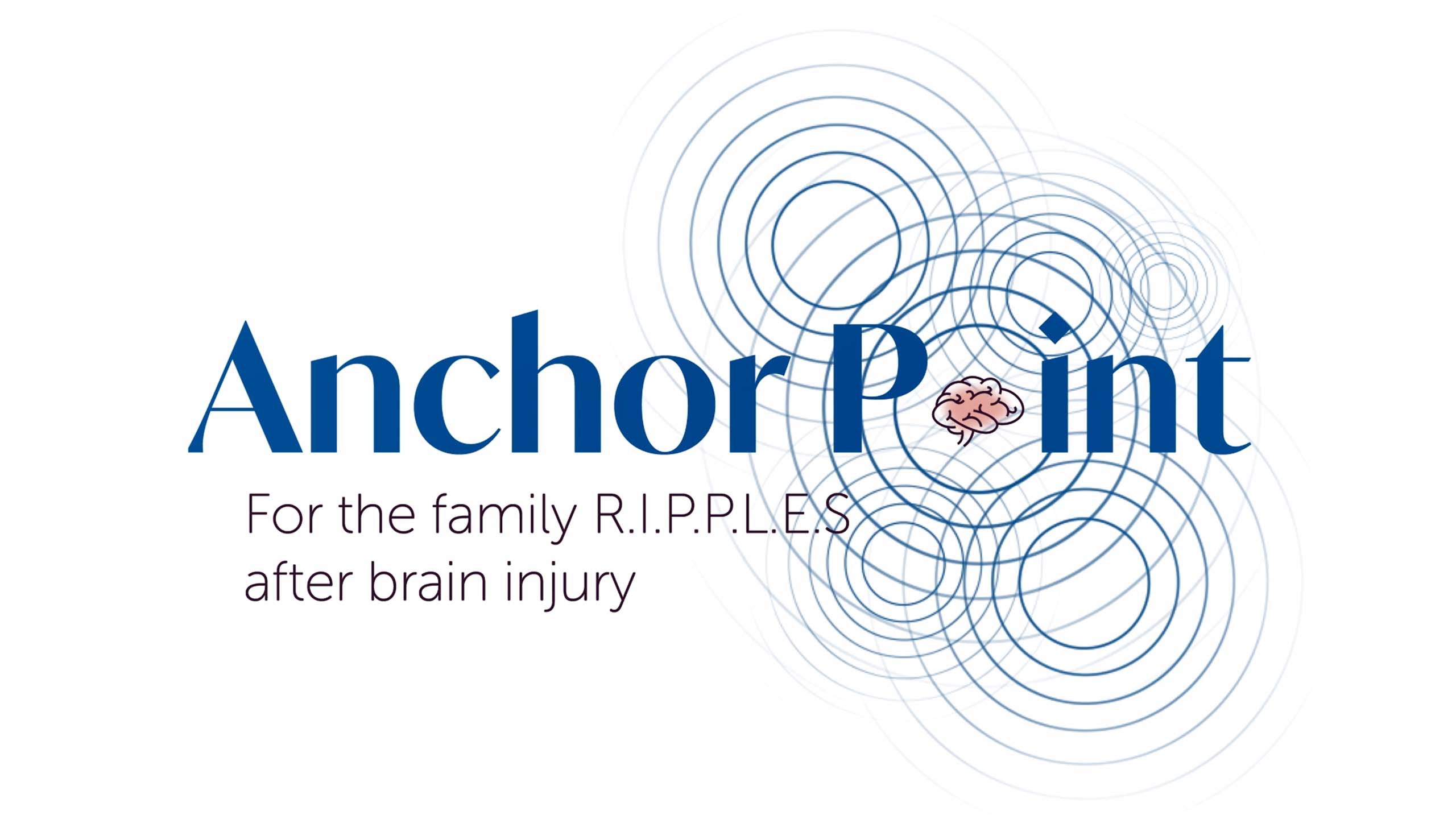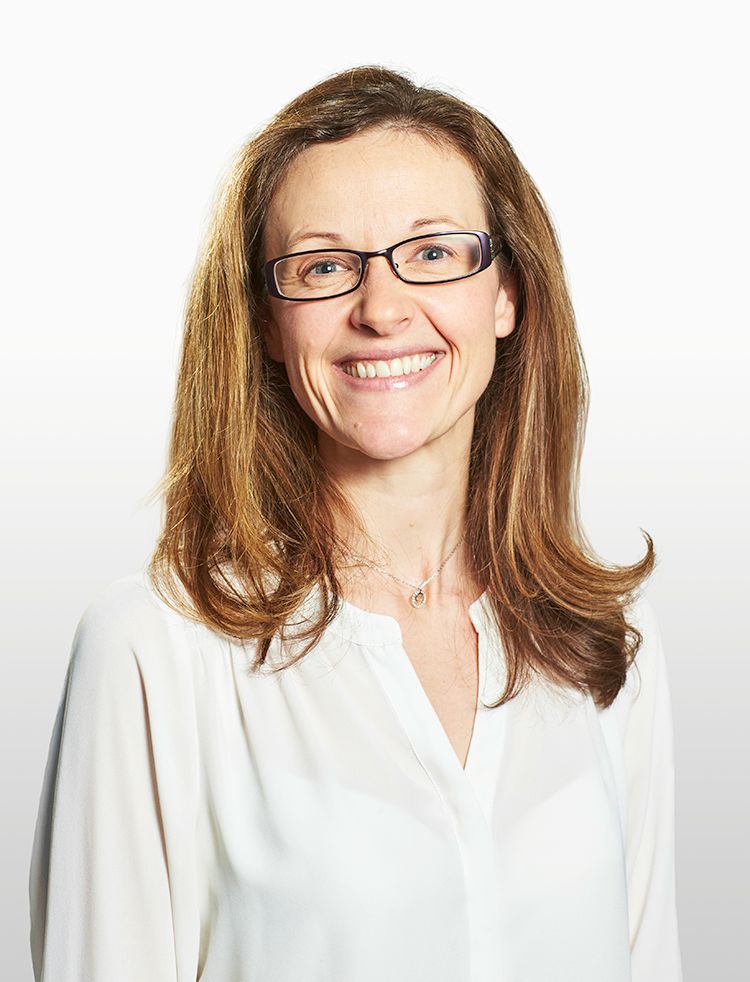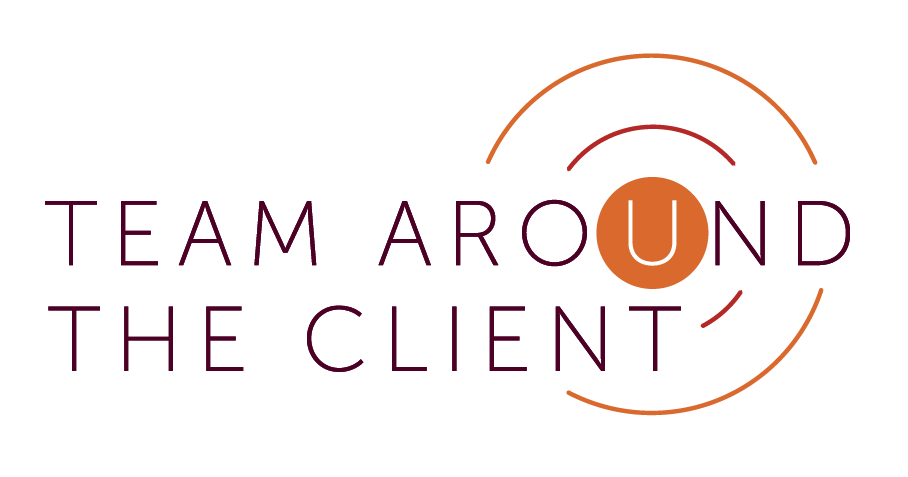Family advice
Anchor Point: a new Special Interest Group making a difference for families affected by brain injury


Anchor Point is a new Special Interest Group (SIG) with a membership of people who have a wide range of different experiences, and knowledge, of working with families affected by brain injury.
Anchor Point aims to make a significant difference to the lives of families, by working together and sharing family-centred expertise, information, research, and resources.
Charlie Whiffin, an Adult Nurse and Senior Lecturer at the University of Derby, is the Anchor Point SIG Chair. Charlie recently launched this new Special Interest Group at the Ahead Together conference and was interviewed afterwards…
Question:
Can you recall when you first became aware of the gap in understanding of/provision of support for the family experience of brain injury?

Over the last ten years an increasing number of studies have looked at how family members are affected by the impact of Acquired Brain Injury (ABI), and their crucial role in neurorehabilitation and long-term support.
It is now well recognised that the experience of family members can be complex and enduring. They are affected by the context in which the ABI occurs and the amount of formal and informal support that they receive.
The family experience grief, which can develop over time, and family members have little option but to remain involved in the care of the individual with a brain injury. It has been apparent for a long time that both formal and informal support vary significantly in terms of availability and quality, and that poor support exacerbates the difficulties family members face and leaves them isolated.
Question:
Anchor Point is all about support beyond the ‘R.I.P.P.L.E.S.’ that brain injury causes. Can you explain the R.I.P.P.L.E.S. theory, and how this impacts upon family identity?

The brain defines who we are; it is responsible for our interaction with the internal and external environment, our thoughts, memories, and emotions. It is an extremely complex organ, and at the same time very vulnerable.
A brain injury results in damaged cells that can potentially affect all aspects of functioning from lifelong learning and experiences to the emotions that define our individuality. After a brain injury, individuals may be unable to communicate and interact with other people; memories may be obliterated and personalities change; they may become unrecognisable to the family.
Traditionally the focus of support has been on the changes in the individual with the brain injury, rather than how it changes the lives and responsibilities of the family members. Decisions must be made about care for the individual, often without their ability to input. The individual may look the same physically, but the family do not recognise this stranger; inability to control their temper or emotions can alienate their family and friends. Beyond the direct issues affecting their physical health, social isolation due to post-injury anxiety and depression can be difficult to manage. Supervising an individual who was previously independent is also challenging.
It is therefore understandable that brain injury has a far-reaching impact on a family. Families are generally traumatised in the acute phase of the injury and over time this can lead to accumulated losses: loss of certainty, loss of control, and loss of the anticipated future. The ripple effect of brain injury therefore describes the displacement of normal family functioning with the consequences radiating out from the life of the brain-injured person into the lives of all other family members.
"...families are in a dynamic state whereby all family members are changing because of their experiences and need help to make sense of their post-injury lives within the context of the brain injury."
This metaphor is one-dimensional however, as it assumes the family is stable prior to the injury and that any change is a direct response to the identified change in the injured person. Our research has therefore extended this metaphor through to an image of 'rain on water'; recognising families are in a dynamic state whereby all family members are changing because of their experiences and need help to make sense of their post-injury lives within the context of the brain injury.
Anchor Point has however used ‘RIPPLES’ as an acronym to define the focus of its work; Research, Information, People, Professionals, Lives, Education and Support with the aim of creating a shared, inclusive and accessible resource for families and professionals.
Question:
So how did Anchor Point start?

The year before the pandemic I met Rebecca Manship, Chief Executive of Headway Derby, after giving a talk at the Head First: Family Matters conference.
Rebecca and I discussed at length the need for improved support for families and explored how we might make a difference. I then met other leading experts working to improve the lives of families following brain injury, including Dr Audrey Daisley, Dr Mark Holloway, Dr Fergus Gracey, Jo Clark Wilson, Dr Giles Yeates and Dr Alyson Norman and we all discussed the idea of establishing a special interest group.
The pandemic offered an opportunity for us all to meet online and think about what we could achieve in such a group. Together with Headway Derby membership quickly grew and we were joined by more professionals committed to this field - including Tracy Norris-Evans, head of RWK Goodman’s Injury Division - and, importantly, family members themselves. Soon after, Anchor Point was born. I am very proud to say that, in addition to Headway Derby, Anchor Point is now affiliated with the universities of Derby and Plymouth, Headway UK, Royds withy king, UKABIF, Head First and the Child Brain Injury Trust.
Question:
What made you all realise this was something that needed to become the focus of a special interest group?

A brain injury can be a life-long condition; this will affect the families for an indeterminable length of time. For family members to be able to provide the best possible care and support they need access to accurate information and helpful advice from external sources.
It has been apparent to me for quite a long time that as health and social care professionals we needed to work together, ‘pool’ our knowledge and experiences, and improve the support available for families.
Question:
Can you tell us more about Anchor Point’s mission, and why you chose to launch at Ahead Together?

It was a great privilege to be able to launch Anchor Point at the conference, to people interested in improving the lives of families after brain injury. The delegates were extremely interested and responded positively to what I had to say, and we gathered a great deal of support.
Anchor Point now needs to harness all that interest and ensure the ‘noise’ we generated continues. It is of great importance to us all in Anchor Point that this group leads to positive change. There is much to do, but with commitment, passion and energy we can make a real difference.
To start with, Anchor Point will be creating its own website to showcase leading research and identify future research priorities that are of interest to and will support the needs of families affected by brain injury.
"It is important to bring together all the family narratives from individuals and their families to demonstrate the diverse nature of their situations, the support that is available and ultimately to raise awareness of the impact of brain injury."
We want Anchor Point to become a specialist resource for information about the family experience of brain injury. We will be providing up-to-date and well researched information to individuals, families and brain injury professionals which focuses specifically on the family experience. A shared space will be developed where people with different experiences and knowledge of families affected by brain injury can connect. It is important to bring together all the family narratives from individuals and their families to demonstrate the diverse nature of their situations, the support that is available and ultimately to raise awareness of the impact of brain injury.
It is our sincere hope that Anchor Point will become a key source of education resources available to family members and professionals on request. Links will be provided to other sites and organisations that can also provide family-focused support. It is vital to help families understand the complexities of family dynamics, psychological functioning, and responses throughout the brain injury journey. We aim to bring together information and organisations such as charities and the public and private sector, that can provide support specifically for families.
"We hope that in five years... Anchor Point will have created a space where people with different experiences and knowledge of families affected by brain injury are connected."
There’s a great deal of work to do initially; raising funds to support Anchor Point’s growth. We need to raise our profile and awareness of the group and establish and nurture an active and engaged membership. This will be followed by scoping out a campaign for families to have a voice, integrating their needs in care plans and lobbying for change and resources locally and nationally. We want Anchor Point to be recognised as a body of experts that can contribute and comment on family support policy. We have a busy time ahead.
We hope that in five years though, Anchor Point will have created a space where people with different experiences and knowledge of families affected by brain injury are connected, allowing them to work together to research, contribute, inform, and improve service provision for families caring for individuals with a brain injury.
Make sure to keep an eye out for updates on Anchor Point’s LinkedIn page, and find out more about the group on the Anchor Point page of the UKABIF website.
There is also a group page about Anchor Point on the UKABIF site here, where you can sign up to for regular updates.
Finally, you can email Charlie and the team at Anchor Point to find out more via: [email protected]

Dr Charlie Whiffin is a Senior Lecturer in Pre-Qualifying Health Care at the University of Derby and Chair of the Anchor Point Special Interest Group who spoke recently at our Ahead Together Conference on the theme of family identity after brain injury.
You can find out more about Ahead Together in this review of the conference:



